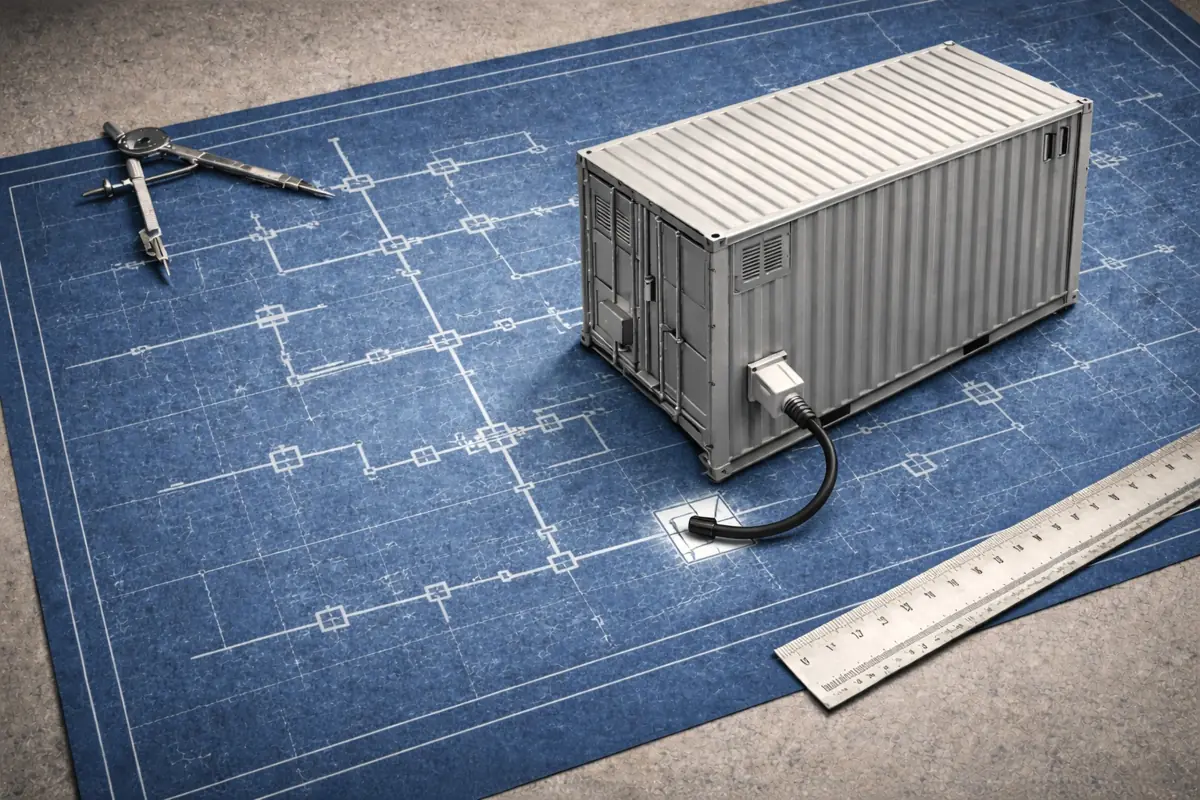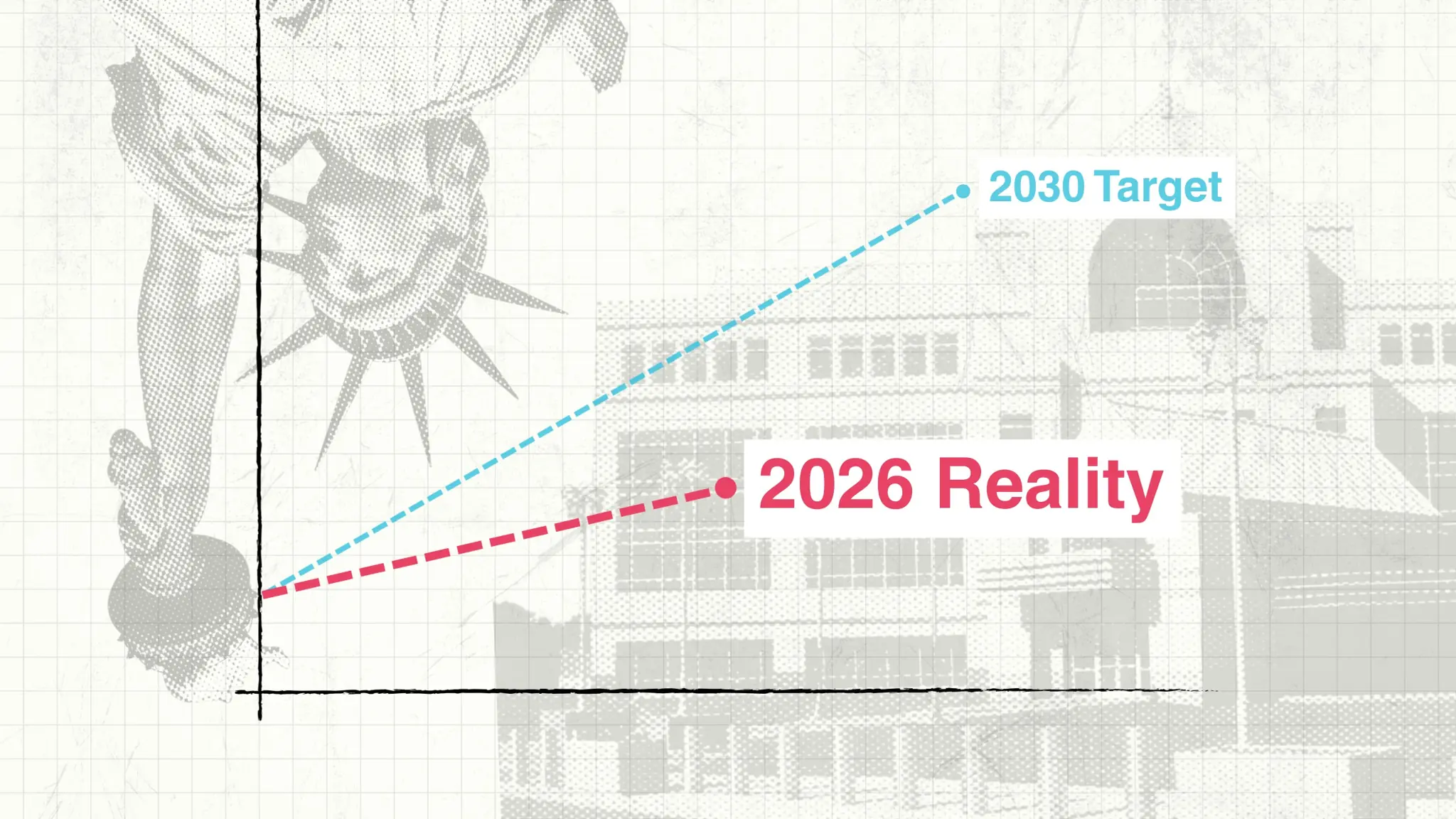How tariffs will impact CapEx and IRRs for US battery energy storage
How tariffs will impact CapEx and IRRs for US battery energy storage
The grid-scale battery energy storage industry in the US is heading into rougher waters.
The United States tariff policy now threatens the viability of new projects across the country. Capital costs are spiking. Uncertainty is sky-high. And the tariffs in question could erase years of progress on cost declines.
But this isn’t the end of the story for US storage.
Battery owners and investors still have options - if they act quickly, model carefully, and adapt their strategies to this new reality. Navigating the tariff era requires revisiting assumptions about CapEx and revising IRR projections.
Furthermore, in recent days, changes to tax policy have been proposed in the US. While this article touches on the proposed rollback of clean energy tax credits, Modo Energy will explore their impacts in more detail in a future article.
In this report, you’ll find:
- A breakdown of how US trade policy impacts BESS CapEx
- Three tariff scenarios, with corresponding IRR impacts and cost structures.
- The effects of more recent policy proposals - like the effective end of the Inflation Reduction Act’s tax credit program - on the business case for batteries.
- Guidance on what owners and developers can do now - to secure financing, protect returns, and gain commercial advantage during the tariff-driven slowdown.
Key takeaways
Already a subscriber?
Log in







